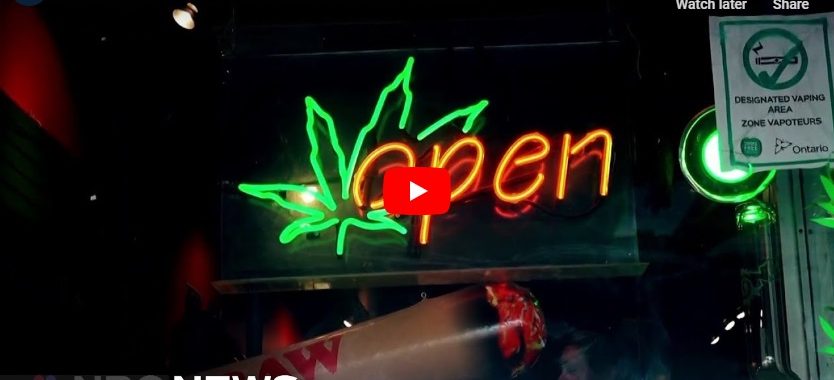NBC Nightly News Airs Heartbreaking Story About Marijuana’s Link to Psychosis in Teens
On Thursday NBC Nightly News ran a heartbreaking story showcasing how high-potency marijuana is linked to psychosis in teenagers.
As states move to legalize marijuana, NBC says doctors have noticed more teens “suffering from psychotic events that they attribute to the increased potency of the drug.”
All of this comes as a proposed marijuana amendment is vying for the 2024 ballot in Arkansas — raising serious questions about what could happen in Arkansas if the state goes the same route as others.
You can watch the NBC News segment below.



